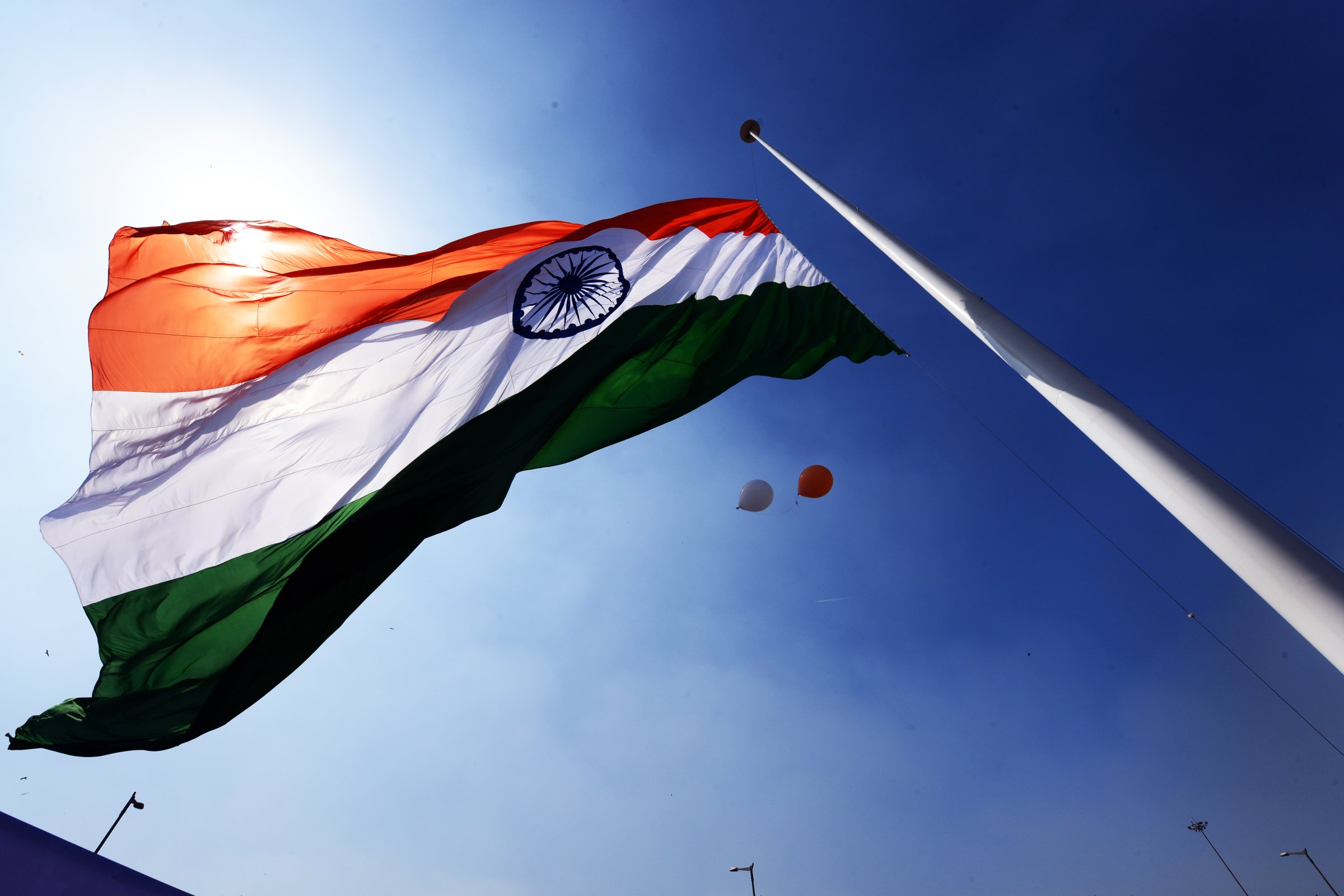
In the world of central bankers, Raghuram Rajan is a rock star, and the abrupt announcement on June 18 that he will depart the Reserve Bank of India in September came as a shock for investors. Some experts suspect that the charismatic, outspoken former IMF chief economist was forced out for political reasons and consider his departure a disaster for his country’s economy.
But there’s no need to raise alarms for India. Early reports suggest his successor will be a credible figure with a distinguished résumé, and all signs point to continued policy progress on India’s most pressing problems.
To appreciate India’s positive outlook, compare the country with its emerging-market peers. In China, growth has slowed dramatically in recent years, the debts of local governments and Chinese companies have ballooned, and the central government is struggling to implement reform. In Russia, deep dependence on energy exports, endemic corruption, Western sanctions and the Kremlin’s determination to blame foreigners for all serious problems prevent the political and economic reforms that might finally make the country’s economy more dynamic. Brazil faces its deepest recession in decades, a widening political scandal, the Zika virus and an Olympic Games for which the country doesn’t seem prepared.
India remains the emerging-market world’s most positive story, in large part because Prime Minister Narendra Modi and his Bharatiya Janata Party (BJP) lead the country’s strongest government in 30 years. Modi has lowered barriers to foreign investment across sectors as diverse as defense, railways and real estate. India became the world’s leading recipient of greenfield foreign investment in 2015. By streamlining regulation and cutting red tape, Modi’s government has made it easier to do business at both the national and the state level.
Opposition parties still hold a majority in India’s upper house and have stalled legislation on sensitive subjects like labor and land reform. But a plan to dramatically simplify the tax system will probably pass this year, and Modi has accomplished more without Parliament. The BJP has also pushed state governments to adopt reforms of their own.
These gains are likely to last, but two longer-term risks deserve particular attention. India faces serious water shortages, and its fragmented legal systems make it hard to coordinate water management. In addition, rapid economic growth isn’t yet generating enough jobs for the million people who enter India’s workforce each month.
But Modi has set India on a promising path–and it will take more than a central-banking rock star leaving the stage to knock the country off course.
More Must-Reads from TIME
- Donald Trump Is TIME's 2024 Person of the Year
- Why We Chose Trump as Person of the Year
- Is Intermittent Fasting Good or Bad for You?
- The 100 Must-Read Books of 2024
- The 20 Best Christmas TV Episodes
- Column: If Optimism Feels Ridiculous Now, Try Hope
- The Future of Climate Action Is Trade Policy
- Merle Bombardieri Is Helping People Make the Baby Decision
Contact us at letters@time.com